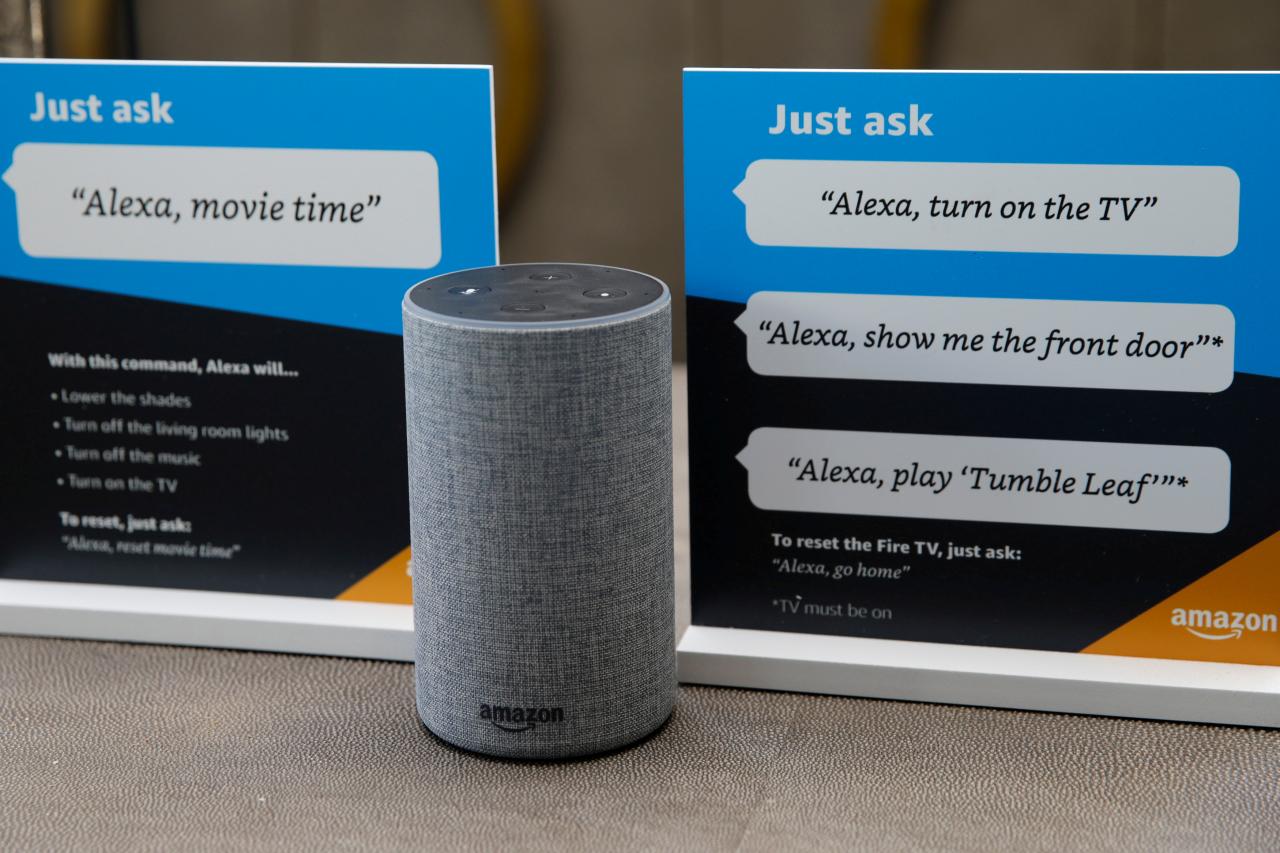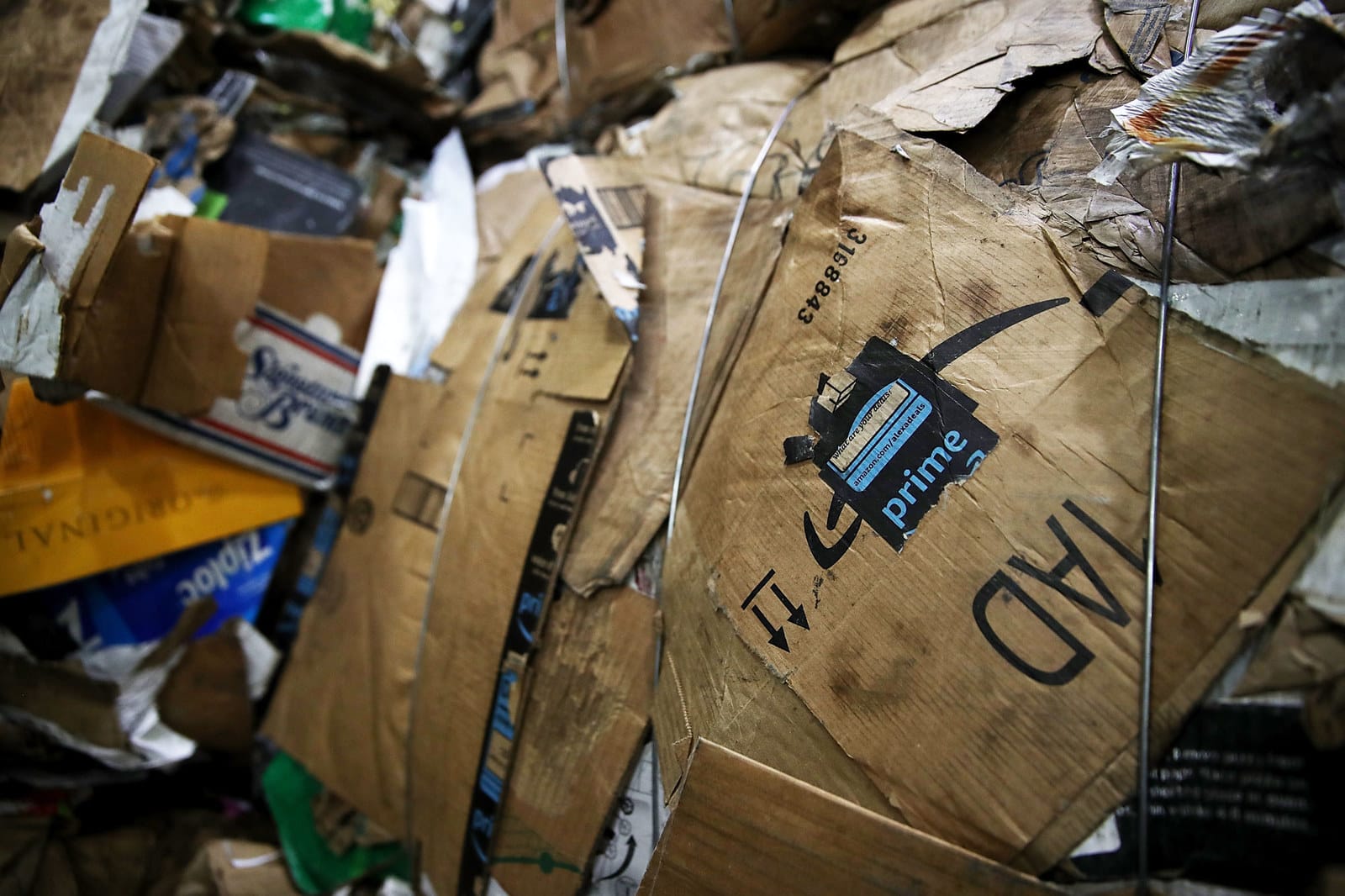Amazon is looking into tech that can identify you using the veins in your hand
Amazon filed a patent for technology that could identify you by scanning the wrinkles in the palm of your hand and by using a light to see beneath your skin to your blood vessels. The resulting images could be used to identify you as a shopper at Amazon Go stores. It was previously reported that the Seattle-based tech giant might install these hi-tech scanners in Whole Foods grocery stores. However, the U.S. Patent and Trademark Office published an application on Thursday that suggests the e-commerce behemoth sets its sites on Amazon Go stores…
While fingerprint scanners have been around for years, Amazon hopes to innovate by developing a personal identification system that you don’t have to touch. Imagine hovering your hand in front of an infrared light as a camera snaps two images — one from the surface, and one that looks for “deeper characteristics such as veins.” An internal computer system would then identify you based on that information.


